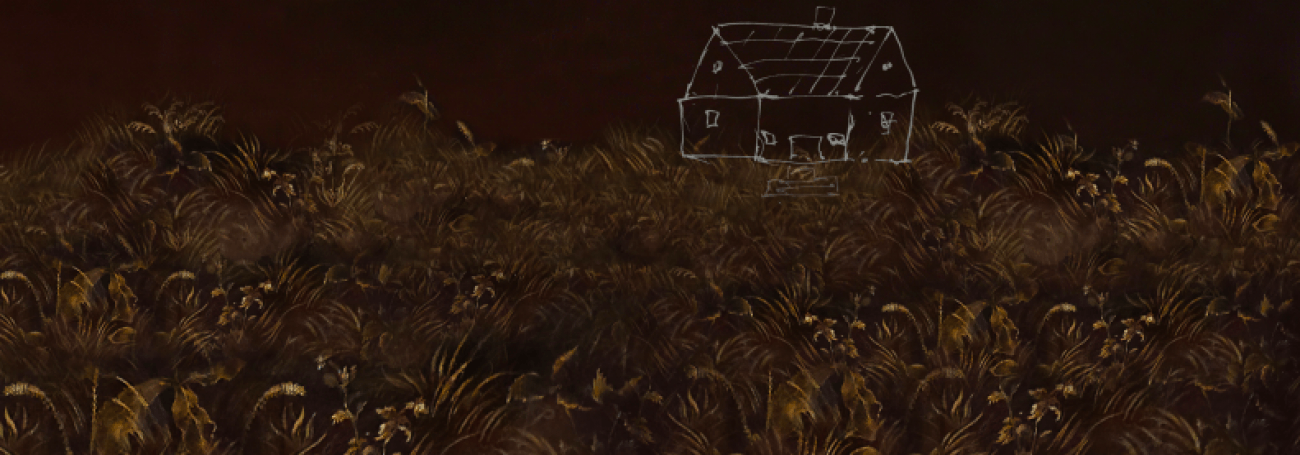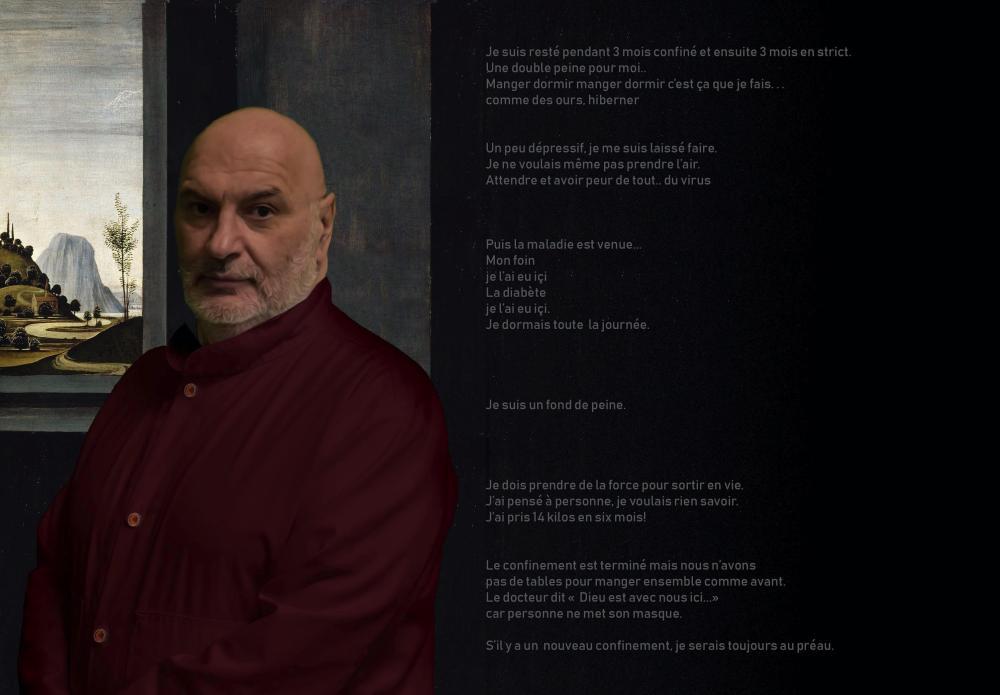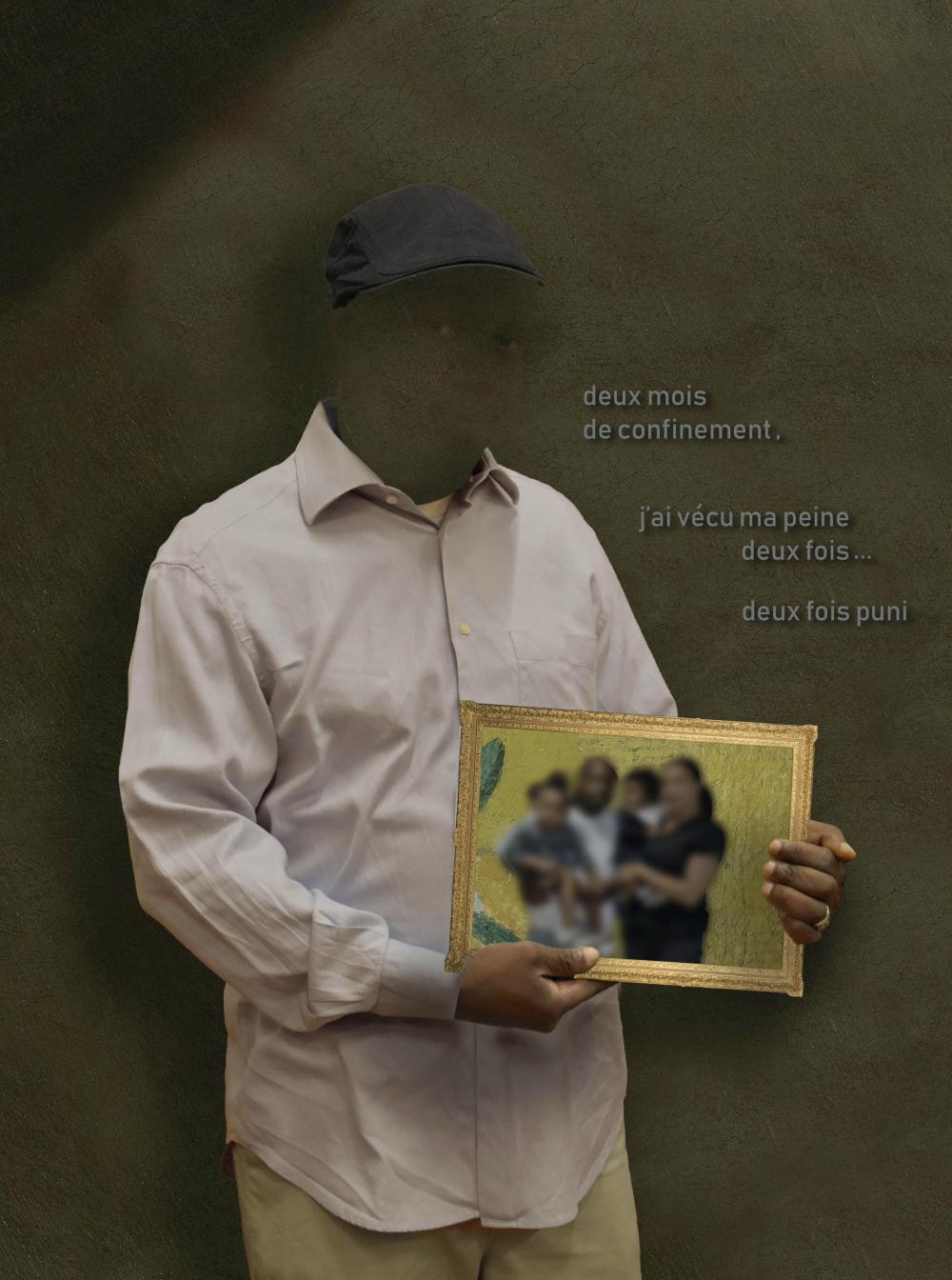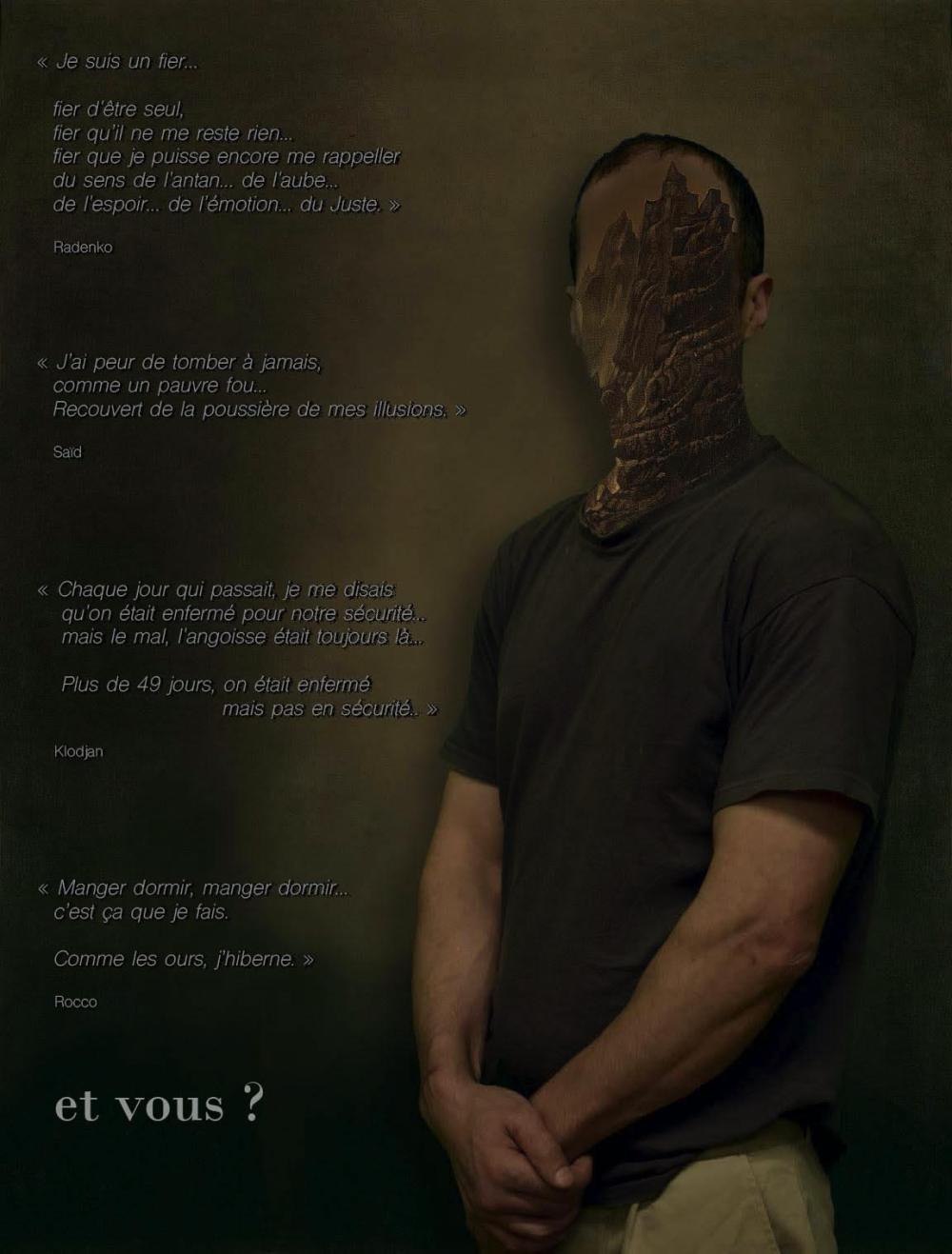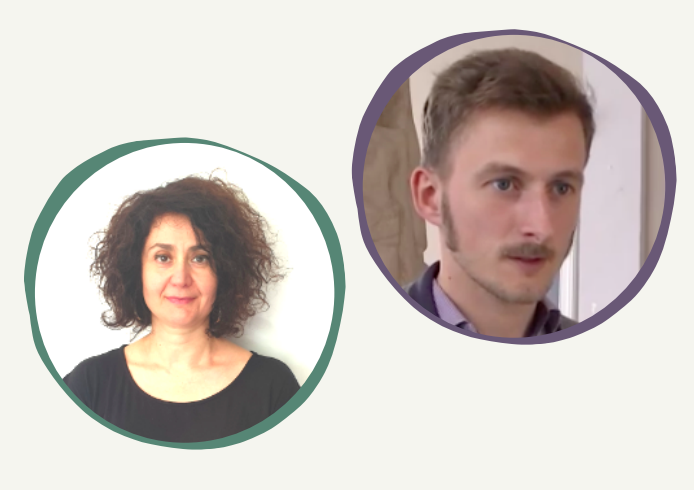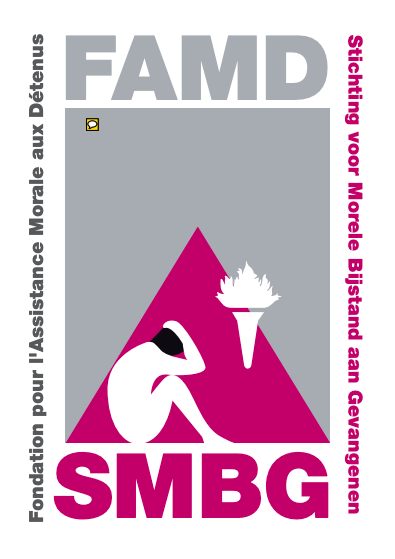Later on, Despina and Laurent invited the participants to pose for photos without smiling, just a sort of neutral appearance, and confronted them with classic paintings as a way to question our view and our judgment on the noble, humanity, and the beauty.
In addition to the portraits, four unique books were created with their stories. This was a patchwork, with different layers, firstly the photos like a theatrical workshop, after the interviews, and lastly, their opinion of their own portraits. Questions asked were: What do you see? What do you think that this person feels, think, wait for? Their answers are included in the books and became part of their stories.
In the meantime, the Covid-19 lockdown took place in society and in prison as well, in a very strict and inhuman way. Despina and Laurent decided to continue this art process including the participants' lockdown experience in their portraits.
Laurent and Despina are currently working on this subject in different Belgian prisons with the support of the MUS-e Belgium and the Foundation for Moral Assistance to Prisoners (FAMD).
